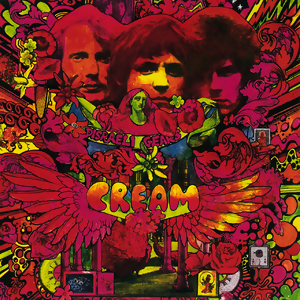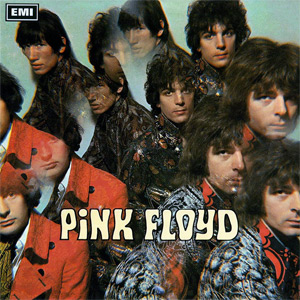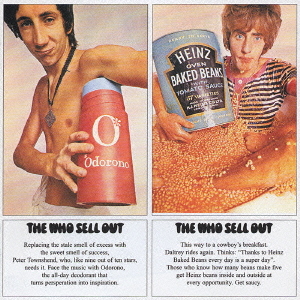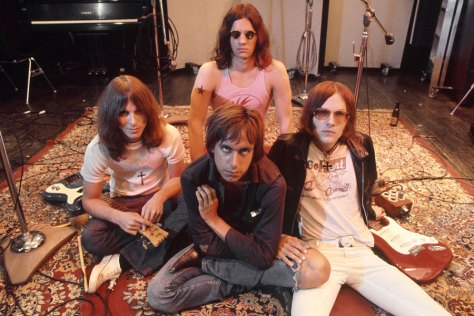By Dennis Hartley
(Originally posted on Digby’s Hullabaloo on July 29, 2017)

“Puritanism: The haunting fear that someone, somewhere, may be happy.”
-H.L. Mencken
African women live through too much hell and suffering We should look again at our ancestral beliefs and assess them Keep what’s good for us, and reject all that harms us African women live through too much hell and suffering They cut it…stop female circumcision! Mother, it hurts so much It hurts so much
-from “Boloko”, by Fatoumata Diawara
Needless to say, self-taught Mali guitarist-singer-songwriter Fatoumata Diawara does not make her living churning out moon-June pop tunes. She is a creative artist who is fiercely and fearlessly dedicated to speaking truth to power. That’s the kind of stance that makes you a lightning rod anywhere in the world (especially if you are a woman), but it borders on suicidal in an impoverished West African nation where Islamic militants have declared war on music and musicians. From a 2012 Guardian article by Andy Morgan:
The pickup halted in Kidal, the far-flung Malian desert town that is home to members of the Grammy award-winning band Tinariwen. Seven AK47-toting militiamen got out and marched to the family home of a local musician. He wasn’t home, but the message delivered to his sister was chilling: “If you speak to him, tell him that if he ever shows his face in this town again, we’ll cut off all the fingers he uses to play his guitar with.”
The gang then removed guitars, amplifiers, speakers, microphones and a drum kit from the house, doused them with petrol, and set them ablaze. In northern Mali, religious war has been declared on music.
When a rabble of different Islamist groups took control of the region in April there were fears that its rich culture would suffer. But no one imagined that music would almost cease to exist – not in Mali, a country that has become internationally renowned for its sound.
“Culture is our petrol,” says Toumani Diabaté, the Malian kora player who has collaborated with Damon Albarn and Björk, to name but a few. “Music is our mineral wealth. There isn’t a single major music prize in the world today that hasn’t been won by a Malian artist.”
“Music regulates the life of every Malian,” adds Cheich Tidiane Seck, a prolific Malian musician and producer. “From the cradle to the grave. From ancient times right up to today. A Mali without music? No … I mean … give me another one!”
In his new documentary, Mali Blues, Lutz Gregor follows popular world music artist Fatoumata Diawara as she prepares for her appearance at the 2015 Festival of the Niger. Originally born in Ivory Coast to Malian parents and currently living in France, Diawara has not been back to Mali since she left at age 19. That is why her participation in the festival has profound personal significance; it signals Diawara’s first performance in her home country since achieving international recognition and success.
Several of Diawara’s fellow Malian musicians also appearing at the festival are also profiled, including Taureg guitarist Ahmed Ag Kaedi, rapper Master Soumy, and ngoni player Bassekou Kouyate. As a guitar player, I was particularly taken with Kouyate’s mastery of his instrument…he’s like the Hendrix of the ngoni. I have never seen anyone play an electrified ngoni before; much less with pedal effects (like a wah-wah). To just look at this oddly rectangular, 4-string banjo-like instrument, you’d never imagine one could wriggle such a broad spectrum of power, beauty and spacious tonality out of it.
Beautifully photographed and edited, with no voice-over to take you out of the frame, Gregor’s documentary plays like a meditative narrative film. In the film’s most bittersweet scene, Diawara performs “Boloko” (her song about the draconian practice of female circumcision) for a small audience of women and girls in a Mali village where she spent her formative years. After a moment of silence following the performance, the women begin to ruminate.
“A song is nothing without its meaning,” one woman says to Diawara, continuing, “You are good and courageous.” And, as this extraordinary film illustrates, a culture is nothing without its music…or its poetry, literature, or art for that matter. Those who would destroy it will never hold a candle to the good and courageous.







 The Moody Blues– Days of Future Passed…Mellotrons R Us. Symphonic rock before anyone thought it was even possible. A thing of beauty. Best cuts: “Tuesday Afternoon” and “Nights in White Satin”.
The Moody Blues– Days of Future Passed…Mellotrons R Us. Symphonic rock before anyone thought it was even possible. A thing of beauty. Best cuts: “Tuesday Afternoon” and “Nights in White Satin”.






 1947-2016
1947-2016

